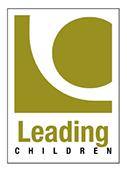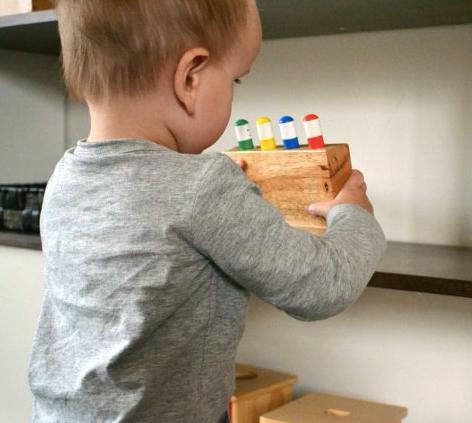At this time of the academic year, never under estimate the significance and importance of training children. By training them to tidy and clean up to the highest expectations, you are not only supporting them socially and emotionally, having them take responsibility for themselves, but if your classroom is properly labelled, tidying up time can embed sorting and classifying, using and honing skills and gross motor development such as mopping, sweeping, wiping, squeezing and picking up. Referring to provision labels, children's experience now includes reading pictures, reading words and numbers, counting, checking and even calculating how many are missing.
Train children to use small world scenarios properly. By introducing them well and discussing how they might be used in play (and even having a short time where they can only look, not touch), elevates this exquisite learning tool. You can expect children to prepare the small world scenario they have just used for subsequent children, by training them to follow a 'setting up photograph' before they move on. By taking the time to ensure children have the specialised vocabulary and knowledge required to play intelligently, their respect for the resource increases and they resort less to a default mode of play, which may include fighting and trashing.
By meticulously organising your outdoor area and then training the children to put absolutely everything away into its proper place, there is no need for any adult to tidy up after them. Why not organise highly trained set up teams of children, too?
And if you are thinking you don't have time to do all of this in a busy curriculum - think again! Think about how much of the curriculum you are covering with all of this training and add it to your planning. If you plan master classes - 15 minute training sessions on everything from how to mix powder paint properly to how to wring a cloth out before you wipe down the sink - your year with this class will be transformed!
Train children to use small world scenarios properly. By introducing them well and discussing how they might be used in play (and even having a short time where they can only look, not touch), elevates this exquisite learning tool. You can expect children to prepare the small world scenario they have just used for subsequent children, by training them to follow a 'setting up photograph' before they move on. By taking the time to ensure children have the specialised vocabulary and knowledge required to play intelligently, their respect for the resource increases and they resort less to a default mode of play, which may include fighting and trashing.
By meticulously organising your outdoor area and then training the children to put absolutely everything away into its proper place, there is no need for any adult to tidy up after them. Why not organise highly trained set up teams of children, too?
And if you are thinking you don't have time to do all of this in a busy curriculum - think again! Think about how much of the curriculum you are covering with all of this training and add it to your planning. If you plan master classes - 15 minute training sessions on everything from how to mix powered paint properly to how to wring a cloth out before you wipe down the sink - your year with this class will be transformed!

